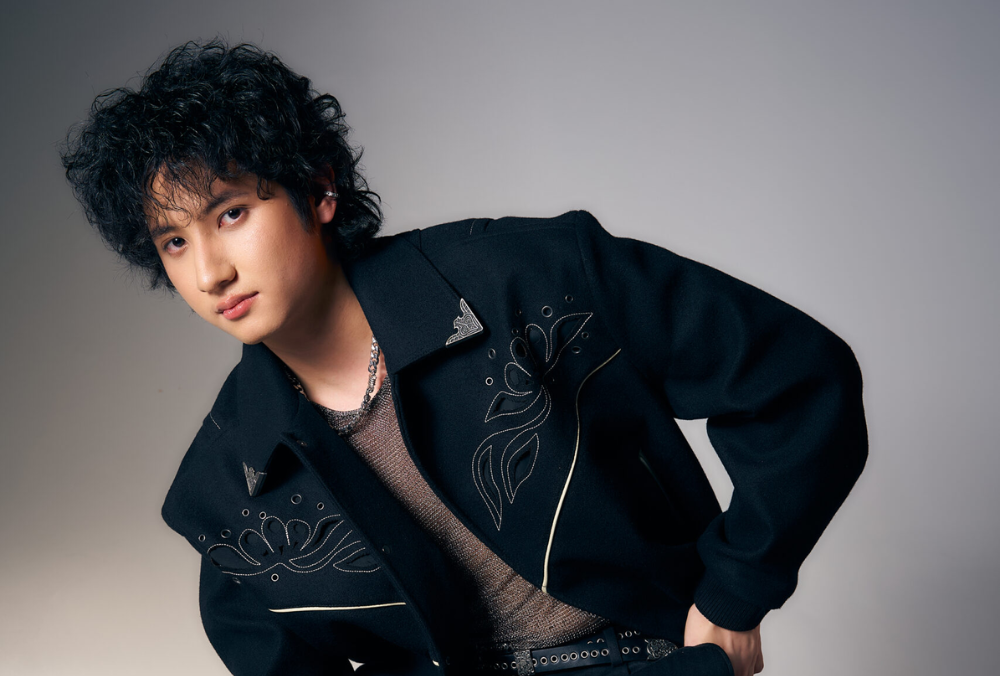The Anti-Strategy Strategy: How Pran’s Accidental Approach to Music Might Be Exactly What Pop Needs

Pran represents something increasingly rare: an artist who seems genuinely indifferent to the machinery of modern pop promotion. His debut single “All I Need Is Love” arrives with no grand narrative, no carefully constructed backstory, just the simple admission that he wanted to try his hand at making an album.
The 21-year-old Thai artist’s journey from Bangkok to Sheffield mirrors countless international students, yet his musical output suggests someone processing this transition through sound rather than concept. When pressed about cultural influences on his music, Pran deflects with remarkable honesty—he’s more interested in whatever media he’s consuming than in crafting a narrative about East meeting West.
This casual relationship with his own artistry extends to his creative process. Where other artists might romanticize their songwriting methods, Pran describes everything from profound emotional moments to random iPad experimentation as equally valid sources of inspiration. There’s something almost punk rock about this approach, even wrapped in sleek R&B production.
The music video concept—chasing external validation before finding internal happiness—could easily become heavy-handed in other artists’ hands. Instead, Pran’s minimal direction (happiness from within, painted in red) resulted in visuals that complement rather than compete with the song’s emotional territory. Sometimes artistic restraint proves more powerful than elaborate concepts.
His admission that he sometimes laughs at listener interpretations that completely miss his intended meaning reveals an artist comfortable with the gap between intention and reception. This comfort with misunderstanding suggests someone who prioritizes personal expression over universal communication—a luxury that established artists often lose as their audience expectations grow.
The upcoming 2026 album promises deeper exploration into pop, electronic, and hip-hop territories, yet Pran approaches this prospect with the same casual attitude that characterizes everything else about his artistic persona. He’s making music because it currently fulfills him, with no apparent anxiety about whether this path will sustain him indefinitely.
This approach might seem commercially naive, yet it positions Pran uniquely in a marketplace saturated with artists desperately performing authenticity. His actual authenticity—including the uncomfortable admission that he still cringes at his own work—creates a more compelling narrative than any marketing team could manufacture.
The single’s production, handled entirely by Pran himself, inevitably carries the marks of someone still learning his craft. Yet these imperfections contribute to the track’s emotional impact rather than detracting from it. There’s something to be said for music that sounds like it was made by human hands rather than perfected by industry professionals.
Whether this anti-strategy approach will translate into sustainable career momentum remains unclear. The music industry tends to reward artists who can articulate their vision and engage with promotional machinery efficiently. Pran’s resistance to these expectations could either limit his reach or become his defining characteristic as audiences increasingly crave genuine artistic personalities.
For now, “All I Need Is Love” stands as evidence that compelling music can emerge from the most unstudied approaches. Sometimes the best artistic statements come from artists who aren’t trying to make statements at all.


